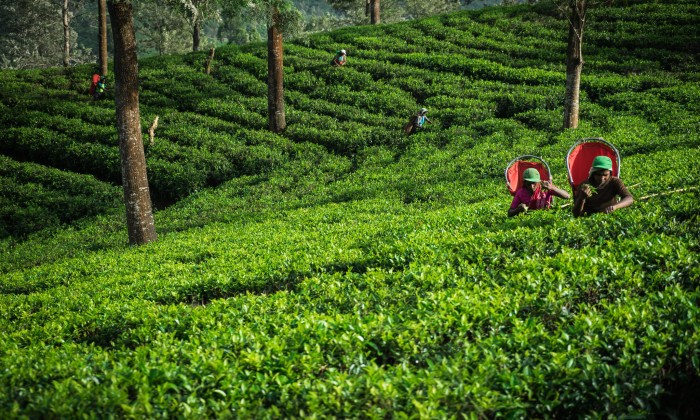


The escalating tensions in the Middle East are raising serious concerns among stakeholders in the Ceylon Tea industry, given that over half of the nation's tea is exported to the region. The fallout from the recent Red Sea attack has already resulted in longer delivery times and increased freight costs, with potential further disruptions such as airspace closures adding to the industry's woes. Ganesh Deivanayagam, Chair of the Tea Exporters Association, emphasizes the critical importance of keeping sea routes open to ensure the smooth movement of goods and sustain prices, highlighting the potential impact on local livelihoods. He warns that any escalation in the Gulf could strain tea prices and pose significant risks to the industry. Similarly, Jayantha Karunaratne, a veteran in the tea trade, echoes concerns about the indirect yet substantial impacts of Middle Eastern tensions on tea exporters, including the looming threat of trade sanctions. Despite these apprehensions, Sri Lanka Tea Board Chairman Niraj de Mel reassures that no major disruptions have been reported thus far, even during previous incidents like the Houthi attacks, though the industry remains vigilant amid the unpredictable situation.